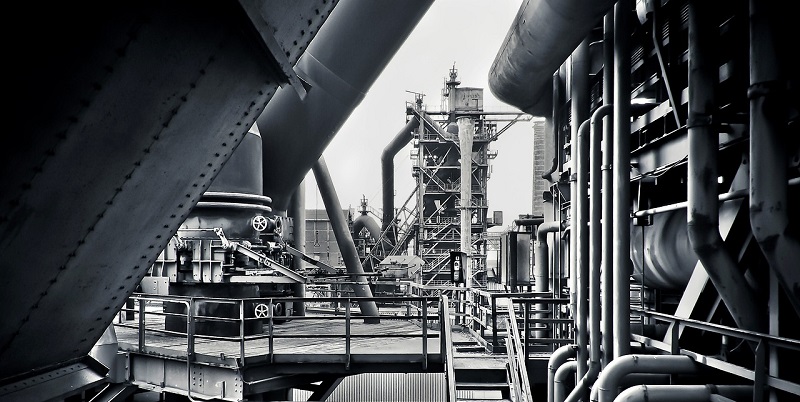The rapid advancements in AI technology and machine learning have paved the way for a revolution in the manufacturing industry. Companies now have the opportunity to streamline their processes, increase productivity, and reduce environmental damage through the integration of autonomous robots and predictive analytics. This article explores the various ways AI is transforming factories into smart, efficient, and connected manufacturing plants.
The Evolution of AI in Factories
Since the 1960s, factories have been synonymous with robot-filled workplaces. However, today’s AI technology expands far beyond this concept. Modern manufacturing plants are now embedded with smart systems and connected machinery, where humans and machines work collaboratively to achieve optimal results. This integration ensures higher efficiency, accuracy, and safety standards within the manufacturing process.
Cobots: Enhancing Human Abilities
Collaborative robots, or cobots, have emerged as a key component of the AI-driven manufacturing landscape. These robots are designed to work alongside humans in a safe manner, augmenting our abilities with their own. Unlike traditional industrial robots, cobots do not require separate workspaces or cages, making them more cost-effective and versatile. They can perform complex and repetitive tasks while working in close proximity to humans, promoting increased collaboration and efficiency in the workplace.
Cost Advantages of Cobots
One substantial advantage of cobots over traditional industrial robots is their cost-effectiveness. By eliminating the need for a dedicated workspace, manufacturing plants can optimize space utilization and save costs. Furthermore, cobots can be easily reprogrammed and redeployed for various tasks, enhancing operational flexibility. This affordability factor opens the doors for small and medium-sized enterprises to utilize advanced robotics technology, accelerating innovation and productivity.
AI in Additive Manufacturing
The integration of AI technology in additive manufacturing, also known as 3D printing, has revolutionized the way materials are dispensed and products are designed. By optimizing material usage and product design, AI ensures greater precision and efficiency in the manufacturing process. Generative design algorithms play a crucial role in this domain by rapidly generating blueprints and instructions, resulting in innovative designs and accelerated product development processes. Predictive maintenance using AI has become a game-changer in the manufacturing industry. By analyzing data from sensors and machinery, manufacturers can now accurately predict when failures and breakdowns are likely to occur. This proactive approach ensures minimal downtime, reduced maintenance costs, and increased overall equipment efficiency. By harnessing AI’s ability to process complex data sets, manufacturers can optimize maintenance schedules and keep their machinery in peak condition.
Machine Learning for Machinery Health Analysis
Sophisticated machine learning algorithms have enabled the analysis of various factors that indicate the health of manufacturing machinery. Data from vibrations, thermal imaging, operating efficiency, and analysis of oils and liquids can be collected and processed. This data-driven approach provides vital insights into the overall machinery health, enabling manufacturers to detect potential issues before they escalate. With this knowledge, manufacturers can schedule timely maintenance and prevent costly breakdowns.
Lights-out Factories: A Vision of Autonomous Manufacturing
The concept of a “lights-out factory” represents the pinnacle of AI-powered manufacturing. These smart factories are capable of operating autonomously, with no human intervention necessary. By harnessing AI technology, robots can perform tasks continuously and efficiently, leading to reduced labor costs and increased productivity. However, the implementation of lights-out factories requires careful planning and investment in advanced AI systems.
Benefits of a Robots-Only Workforce
Employing a workforce consisting only of robots brings numerous benefits to the manufacturing industry. A robots-only workforce means factories can potentially operate 24/7 without the need for human intervention. This continuous operation translates to enhanced efficiency and increased output. Moreover, robots do not face the same limitations as humans, such as fatigue, allowing for consistency and precision in production processes. Ultimately, a robots-only workforce streamlines operations, slashes production time, and improves overall profitability.
The integration of AI technology and machine learning in the manufacturing industry is transforming factories into sophisticated, interconnected ecosystems. From cobots working alongside humans to lights-out factories operating autonomously, the advancements in AI have revolutionized efficiency, productivity, and sustainability. As manufacturers continue to embrace and harness the power of AI, the future of manufacturing holds incredible potential for further innovation and growth.

